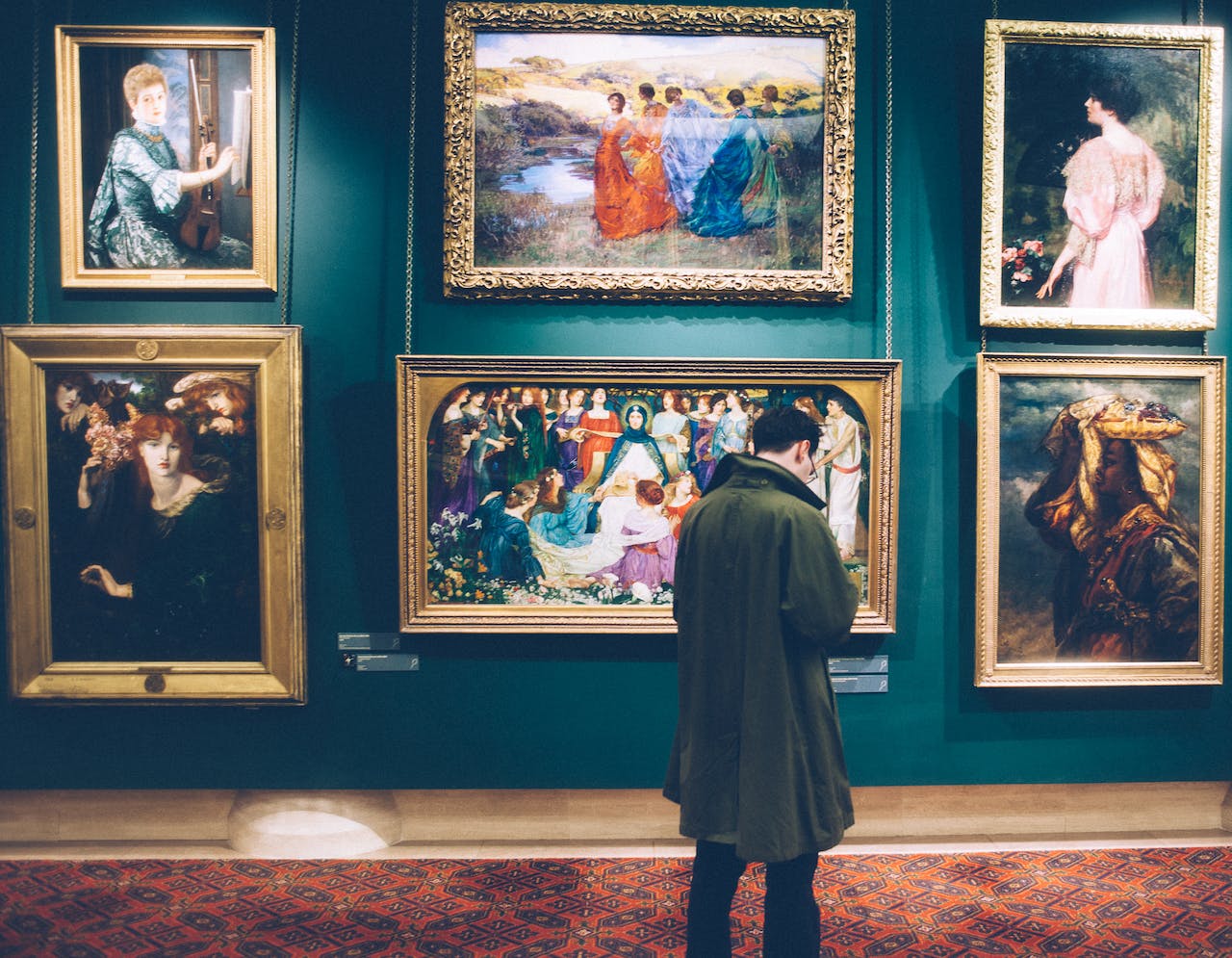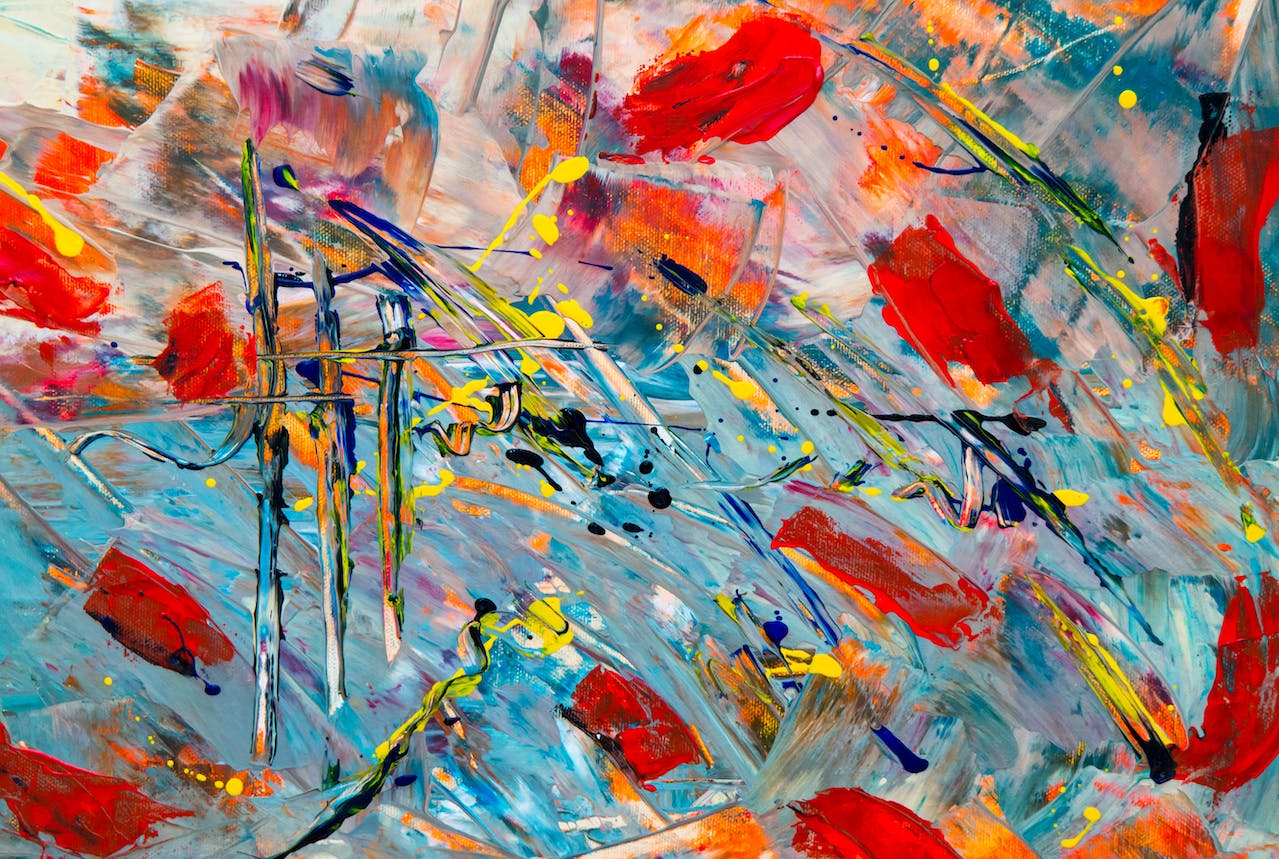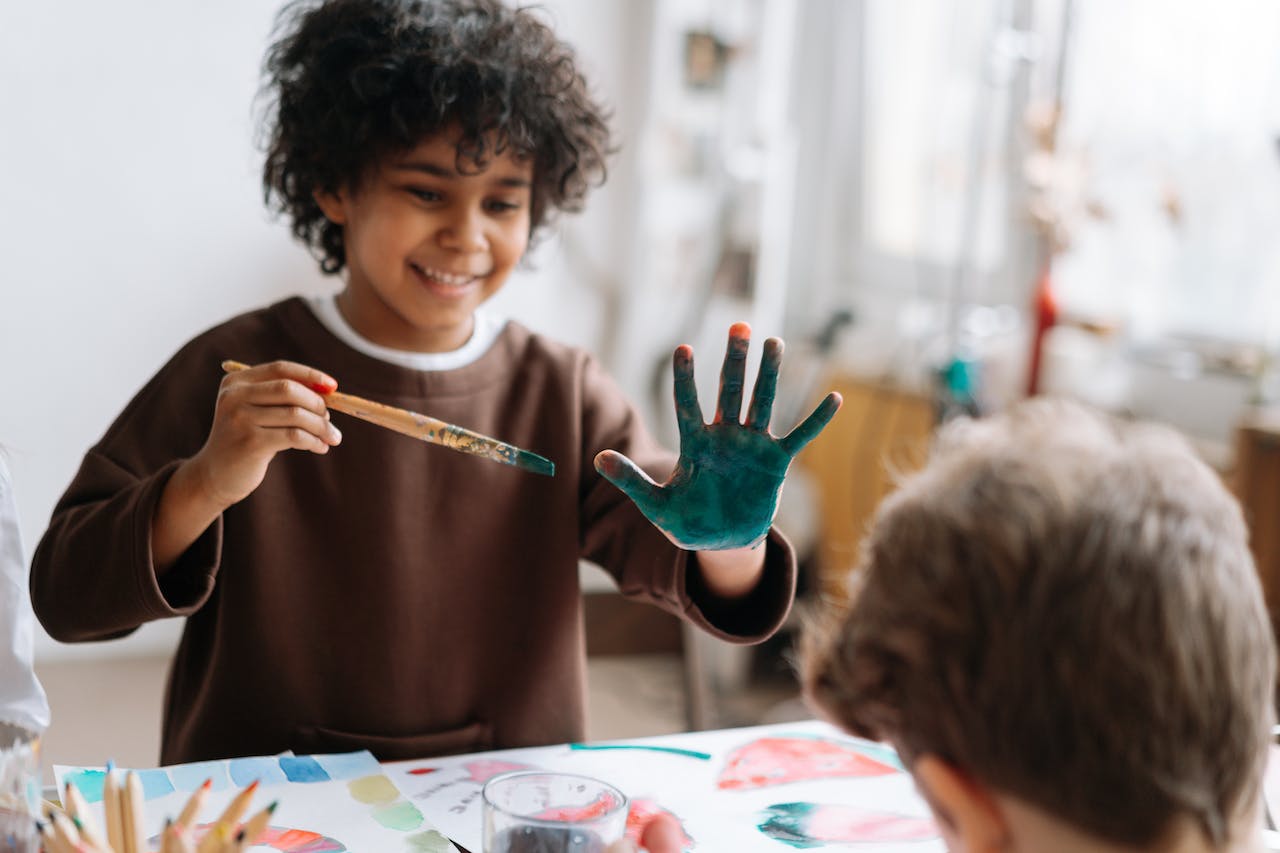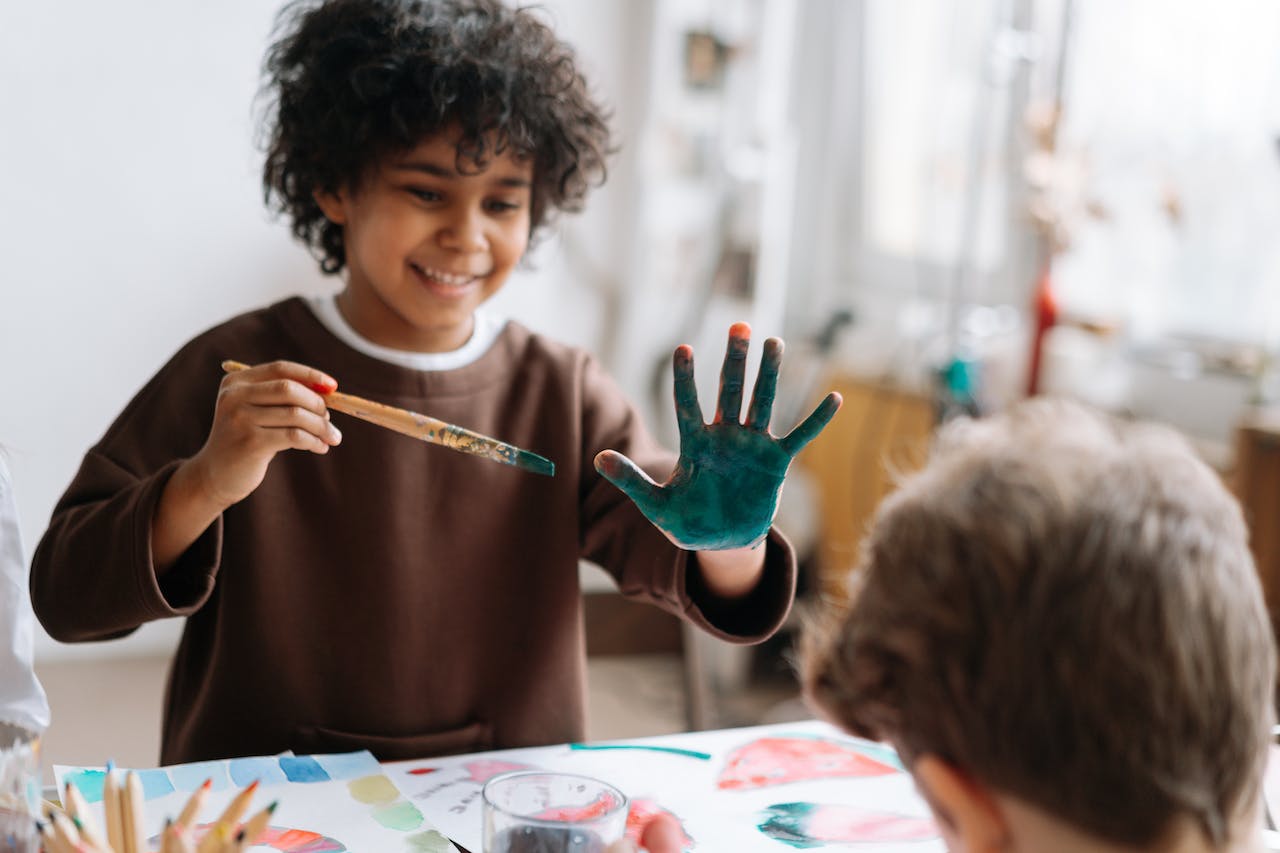Introduction
Understanding Art Workshops
Art workshops provide immersive learning experiences designed to foster the artistic growth and development of artists of all levels. Art workshops serve as a place where artists of any background can come together and explore and expand their creativity, learn new techniques from peers and hone their artistic abilities. Art workshops present an unparalleled opportunity for artistic growth, whether just starting or an established professional - discover your creative potential!

Importance of Art Workshops for Artists
Art workshops play an essential part in the growth and development of artists. By providing an open environment where they can experiment, take risks, receive constructive criticism, broaden their artistic vocabulary, gain inspiration from fellow creatives, refine their skills, and broaden their horizons through participating. Art workshops foster an atmosphere that allows artists to move out of their comfort zones and try out new ideas, leading to significant artistic breakthroughs.

Objectives of This Article
Our objective with this article is to explore the world of art workshops more profoundly and their many advantages. We'll investigate how attending these classes can enhance technical skills, encourage creativity and imagination development, build artistic communities and offer great social benefits. In addition, we will guide you on selecting an art workshop to get the maximum help from attending art workshops. Eventually, we will advise you on choosing an optimal workshop and maximize your experience for full benefits.
The Benefits of Attending Art Workshops
Enhancing Technical Skills
Art workshops provide artists with a wealth of knowledge and expertise from experienced instructors. By participating in hands-on demonstrations and receiving personalized guidance, these workshops allow artists to refine their technical abilities - be it brushstroke mastery, colour theory knowledge or perfecting composition - in specific areas of artistic technique. Engaging with various mediums during workshops also helps broaden one's skill set while exploring new avenues of creativity.

One of the most significant advantages of art workshops is their unparalleled ability to foster creativity and imagination. Engaging with fellow artists in a collaborative setting sparks inspiration. It encourages out-of-the-box thinking while various exercises and prompts push participants beyond their creative comfort zones, leading them to uncover fresh artistic concepts. Immersed in this supportive yet dynamic atmosphere, participants can unlock their full creative potential and find their artistic voice.
Build a Strong Artistic Community
Art workshops offer artists an invaluable platform for networking and forging lasting relationships with like-minded individuals. Through participating, artists access a supportive network of creatives who share their passion. Participation also fosters belonging and collaboration that may lead to future partnerships or exhibitions, providing safe spaces where artists can exchange ideas, receive feedback and find mentorship opportunities.
Selecting The Right Art Workshop
Identifying Personal Goals and Interests
Finding an art workshop explicitly tailored to your personal goals and artistic interests starts by understanding your desired outcomes and skills development or style exploration goals. Reflect on these aspired goals so that your search can be narrowed down to those that coincide with your artistic journey.

Researching Workshop Instructors and Organizations
Proper research of workshop instructors and organizations is vital for creating an enjoyable learning experience. When selecting instructors with solid expertise in your chosen fields, check their credentials and experience; additionally, investigate their reputation/track record - seeking testimonials from past attendees to gauge credibility/quality - this research can ensure you invest your time and resources wisely.
Considering Practical Factors
When choosing an art workshop, it's essential to consider practical considerations such as location, duration and cost. Check whether the schedule and location fit your schedule and assess if fees align with your budget - taking these factors into account will enable you to make an informed decision and choose an art workshop that best meets your needs.
Maximizing the Art Workshop Experience
Preparing for the Workshop
To maximize your art workshop experience, you must come prepared. Be familiar with the workshop agenda and any pre-workshop assignments or materials. Make sure all necessary supplies are of good quality. Also, prepare mentally to be open-minded, accept new ideas, and take risks; being organized maximizes the potential learning outcomes from this unique workshop experience.
Active Participation and Engagement
Active participation and engagement during an art workshop is vital to your successful learning. Take the chance to ask questions, solicit feedback from fellow participants, exchange ideas with instructors and exchange thoughts with fellow artists and instructors alike. Join actively in discussions and group activities - it will only increase your knowledge and build deeper ties within the artistic community! Remember: The more actively you participate, the more valuable your experience at this art workshop will be!

Implementing Learning After the Workshop
To fully capitalize on an art workshop experience, you must implement what you've learned into your artistic practice. Review what was covered after each workshop session and find ways to incorporate those techniques and concepts into your work. Experiment with newly acquired skills and see if any can enhance artistic expression or grow as an artist. Also, stay in contact with any creative communities formed, as these can offer support as your practice develops further.
Conclusion
Art workshops provide artists with an enriching and life-altering experience, offering an avenue to build technical skills, foster creativity and imagination, facilitate artistic community building and accelerate artistic growth. By selecting an art workshop carefully and actively engaging in the learning process, artists can realize their full artistic potential and continue their creative journey. So whether you are just starting out or an established artist seeking expansion, consider enrolling in an art workshop for personal discovery and artistic excellence!
Frequently Asked Questions (FAQs).
A. How Can I Determine an Appropriate Skill Level for an Art Workshop?
Determining an art workshop's ideal skill level requires taking an honest inventory of yourself. Consider factors like experience, familiarity with techniques being taught, goals and your current skill set as part of this evaluation process. Often, workshops provide information regarding their target skill levels (beginner, intermediate or advanced). Assessing these factors will help you make an informed decision and select one best suited to your skill set.
B. Can Beginners Benefit From Advanced-Level Art Workshops?
While beginners may find advanced-level art workshops challenging, they still stand to benefit. These workshops give novice artists a rare chance to observe and learn from experienced artists beyond their current skill level and gain exposure to techniques and concepts beyond what may be within their ability. However, beginners must be prepared for a steep learning curve and dedicate additional time for practice and further investigation after attending these classes.
C. How Can I Overcome Fear of Critique during Art Workshops?
Criticism can be an essential part of art workshops, so to overcome it, it's necessary to adopt an open mindset and recognize feedback as an invaluable opportunity for growth. Remember that constructive criticism aims to help your artistic abilities advance; embrace it as an opportunity to gain insights, refine techniques, and shape your creative voice!
D. Are Online Art Workshops as Effective as In-Person ones?
Online art workshops provide unique benefits such as flexibility and accessibility. While they lack the immediacy of feedback that in-person workshops offer, they still can be highly successful if approached strategically: employ video conferencing tools, engage instructors and fellow participants through virtual platforms and seek feedback through virtual critiques with dedication and participation in online workshops can be just as transformative!

